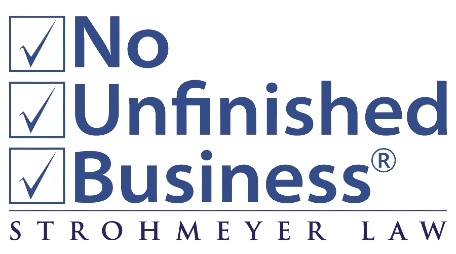Life Insurance and Estate Tax: Are Death Benefits Taxed?
While life insurance is generally received free of income tax, but what about when it comes to estate tax? How do we plan for this in an estate plan?
Life insurance is a familiar and well-regarded tool for protecting loved ones from financial hardship after one’s passing. However, a common point of confusion lies in understanding the tax implications associated with it. In particular, how does life insurance play into estate tax calculations?
The Basics: Tax-Free Income but Not Estate Exempt
Firstly, it’s important to highlight that life insurance benefits are generally received free of income tax. As per the Internal Revenue Code, Section 101, amounts received from a life insurance plan are typically income tax-free. Yet, this doesn’t give it a free pass from estate tax.
The Fine Print: Death Benefits Count
While your life insurance policy’s cash value isn’t considered, the death benefits play a role in estate tax calculations. For instance, consider a term life insurance policy that doesn’t usually have a cash value. If you own a policy worth a million dollars and it pays out upon your death, this amount will be counted in your gross estate. And if you’re over the exemption amount ($12.92mm in 2023), your estate will pay 40% on that million of death benefit dollars.
Schedule a free consultation with Strohmeyer Law to protect your family with an estate plan.
Practical Implications for Policyholders
For those planning their estate, it’s essential to have a comprehensive review of assets. This should include not only the usual suspects like 401ks, real estate, bank accounts, and brokerage accounts but also the death benefits of life insurance policies—even term policies.
The reason is straightforward: understanding the estate tax implications can significantly impact wealth distribution and ensure the right beneficiaries receive the intended amounts.
Conclusion: Maximizing the Benefit of Life Insurance
Life insurance is a powerful financial tool. While it offers beneficiaries tax-free income, understanding its role in estate tax calculations ensures that it’s leveraged most effectively. Remember, while life insurance isn’t subjected to income tax, it’s very much a part of the estate tax calculation. Being aware of this can lead to better planning and more informed decision-making.
End-of-Year Strategies for Irrevocable Gifting Trusts
As the year draws to a close, there are some crucial actions to take with an irrevocable gifting trust.
What to Do If You Receive an IRS Letter
Receiving a letter from the IRS might send shivers down your spine. So what's your first step? Is it always a cause for alarm? Let's walk through what you should do.
Why You Need a Trademark
We'll explain the the four main areas of intellectual property for business owners, why trademarks are crucial, and how to get your marks registered.





